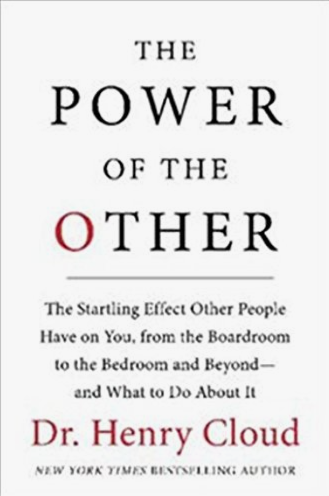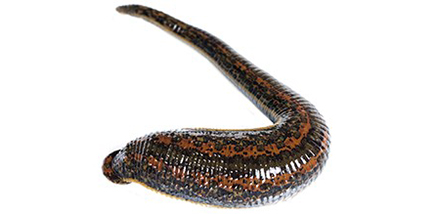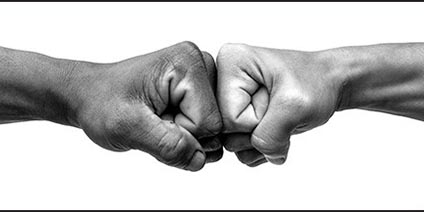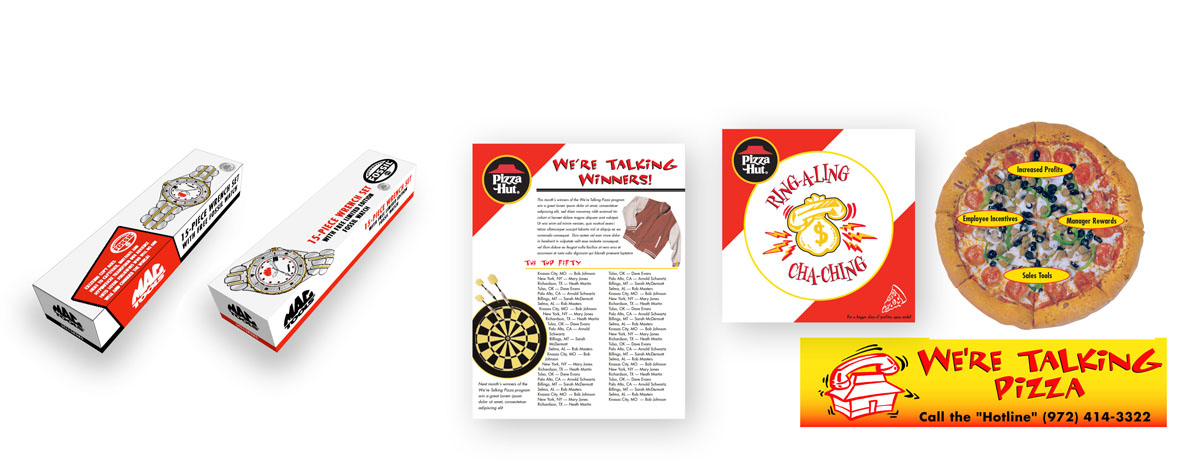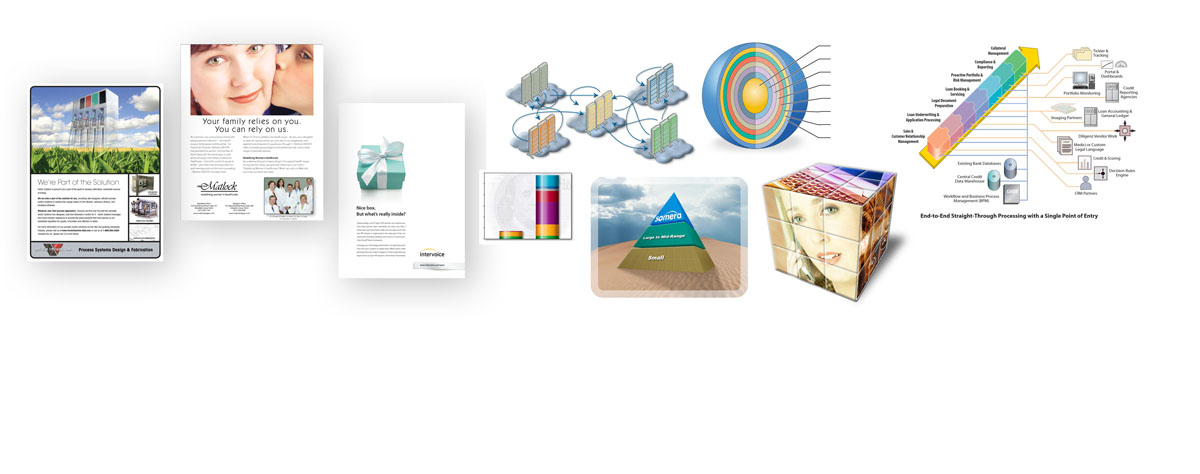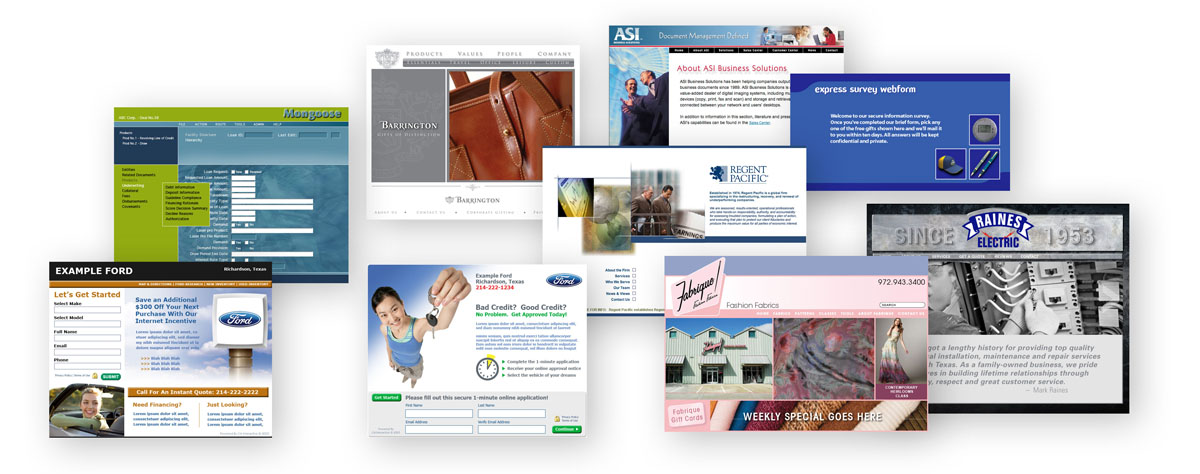Talent vs Effort

Ever notice that funny little metal tag on your dashboard, viewable just below your inspection sticker. It’s the Vehicle Identification Number (VIN), a 17-character ID that specifies almost every important aspect of your ride. In fact, any knowledgeable individual can read it and tell immediately whether or not it’s legitimate. There’s another identical one on the engine block so experienced collectors can tell if that classic ’59 Corvette you’re driving has the original powerplant or a replacement (a detail greatly affecting its value).
Then, there’s the human version of that VIN. It’s called the human genome and contains an astounding 6.4 billion characters. It actually consists of roughly 3.2-billion character spaces, each filled with an A, C, G or T, and each of which are in an “on” or “off” state. One amazing fact about this human instruction manual is that it’s included inside every single one of your 37.2 billion cells (a lot more cells if you’re a big guy like me; a few less if you’re one of those short dudes like my friend Russell.) Any way you calculate it, we’re each toting around a lot of genetic information.
While my truck VIN contains all the pertinent information like paint color and engine size, your human genome contains the same data including the amount of melanin in your skin, the actual size of your… er, uh, cardio-vascular power plant and on and on and on.
So, what’s the difference other than some interesting cocktail party trivia? The primary difference besides complexity is that my truck VIN represents after-the-fact documentation whereas our genomes comprise a blueprint for future repair and maintenance of continuously evolving systems (that would be you and me). Thus ends the long-winded intro. Let’s get to the meat of the matter.
That’s Just the Way I Was Made
The most common reaction to recognition of genetics is a sentiment that goes something like, “That’s the way we were made. I was born with my assets and flaws; You were born with yours; we can’t do anything to change it so we should accept things as they are and be happy.” And my most honest, sincere, and compassionate reply to that is, “Horseshit!”
If the human genome indicated an autonomous, fixed formula, we could quickly identify who would be successful and who wouldn’t, in which case, I’d recommend to every individual who was not outstandingly good looking, completely free of physical ailments, and financially more successful than a Fortune 500 CEO, “Buy a gun, stick it in your mouth and quit wasting the global resources of the elite.”
Fortunately, at least for myself, I see things from a different perspective. You must decide for yourself whether the following is just me (as a non-elite) practicing self-preservation or if it has merit beyond my little sphere – maybe even enough value to influence your perspective. There is rapidly growing evidence about the flexibility of human genetics (see “Nature Via Nurture” by Matt Ridley) and three-billion plus years of human history — the last several thousand of which have been documented — indicate that, more than DNA…more than environment…more than sex…race…or heritage, our personal commitment to persistence determines almost everything!
Effort Trumps All
(For those of you suffering from political angst, that sub-title refers to the trump of card games, not politics.) The Human genome is merely an indicator of individual propensities as opposed to a record of predetermined outcomes. Talents and aptitudes may well be genetically influenced but they will always take back seat to effort and persistence. In her enlightening book, “Grit”, Angela Duckworth relates her teaching experience at Lowell High School, San Francisco’s gifted and talented prep school. It was there that she first recognized the consistent difference between the naturally gifted and the doggedly persistent. From that experience, she set off to study the impact of “effort” on success. In chapter three of her book, she sums up her findings in the equations, “Talent x Effort = Skill and Skill x Effort = Achievement”. Then, she spends nine more fascinating chapters explaining why “effort” counts twice and how you and I can learn to exploit that to our advantage.
Modelling is Everything
Malcolm Gladwell, in his book “Outliers”, explains why kids from five Asian nations have consistently outscore all other kids on math tests. It’s not about the size of their brains but about their “effort” in problem solving and the persistence they apply to solving a difficult problem before asking for help. And where did they get that skill? It was not taught in schools nor was it hammered home by their national cultures. Their propensity for effort and persistence evolved from watching parents and grandparents laboring 365, 12-hour days a year in order to grow rice – one of the most difficult and tenuous crops on Earth. And where did their parents and grandparents learn those skills? Thousands of years of families struggling against nature to harvest those tiny pellets of sustenance – ancestors who modelled persistence. Duckworth also documents the value and outcome of modeling by non-family influences like teachers, coaches, and employers.
Winning is Rarely the Norm
How many times have we watched a professional sports event and marveled at the ease and grace with which athletes knock a baseball over the centerfield fence or deftly feint, lean back, and lob a basketball into the net for a 3-pointer? We’ve just bought the lie!
The talking heads on ESPN either swoon over great performances or express their own superior knowledge of what should have happened. What they NEVER do is focus on the thousands of hours of practice that made that ten seconds of grandeur possible. Even more telling, they never discuss the myriad failures that went into the success we witnessed. When do we hear about the point when the professional athlete accepted responsibility for his/her own failure, determined to learn from it and practiced until they overcame it? We tend to worship winning but fail to realize that a hundred losses and their lessons preceded every win. If it’s true in sports, it’s true in life and it’s true in business.
So, what’s in your DNA and what are you gonna do about it. More important, what’s your excuse for not doing what you should have done a long time ago? I know my excuses – I repeat them every time I see a chocolate covered donut or a sizzling bag of French fries. The question is, “How do we quit repeating our well-rehearsed excuses and assume total responsibility for solving the problems at hand?”
You are not my friend if you pat me on the back and tell me everything will be ok. You are my friend if you look me in the eye and compassionately reveal my blind spots – not in order to feel better about yourself but with the honest intention of rescuing me from my own peril. Let’s meet for coffee and start learning how to be friends. Hit Reply and I’ll buy the coffee.
“We seek to avoid the pain of a problem by saying to ourselves, “This problem was caused by other people or by circumstances out of my control. Therefore. it is up to other people to solve this problem for me.”
— M. Scott Peck, “The Road Less Traveled”

Did someone forward this newsletter to you after reading it themselves? Don’t settle for that!
CLICK HERE
to get a fresh, unused copy of this
newsletter sent directly to you every Sunday morning.
If you decide it stinks, you can always unsubscribe.
Two Powerful Books
Grit – The Power of Passion and Perseverance
Angela Duckworth (no relation to Russell)
You may recall that I recommended this book two weeks ago and here I am recommending it again. That’s because it expands powerfully on the topic of “effort” and the rewards it brings. “Grit” represents years of research and documentation about how people who fall down repeatedly and muster the stamina to rise back up, always win.
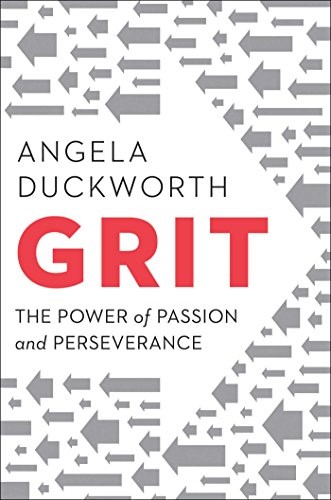
The Power of the Other
Henry Cloud
In the spirit of recommending books I’ve recommended before, this one is a super star. If you’ve already read it, read it again! “Grit” instructs us on how to become successful at whatever we try. “The Power of the Other” is instruction on how to make other people successful. Nothing else we ever seek could exceed the rewards of that simple goal.
